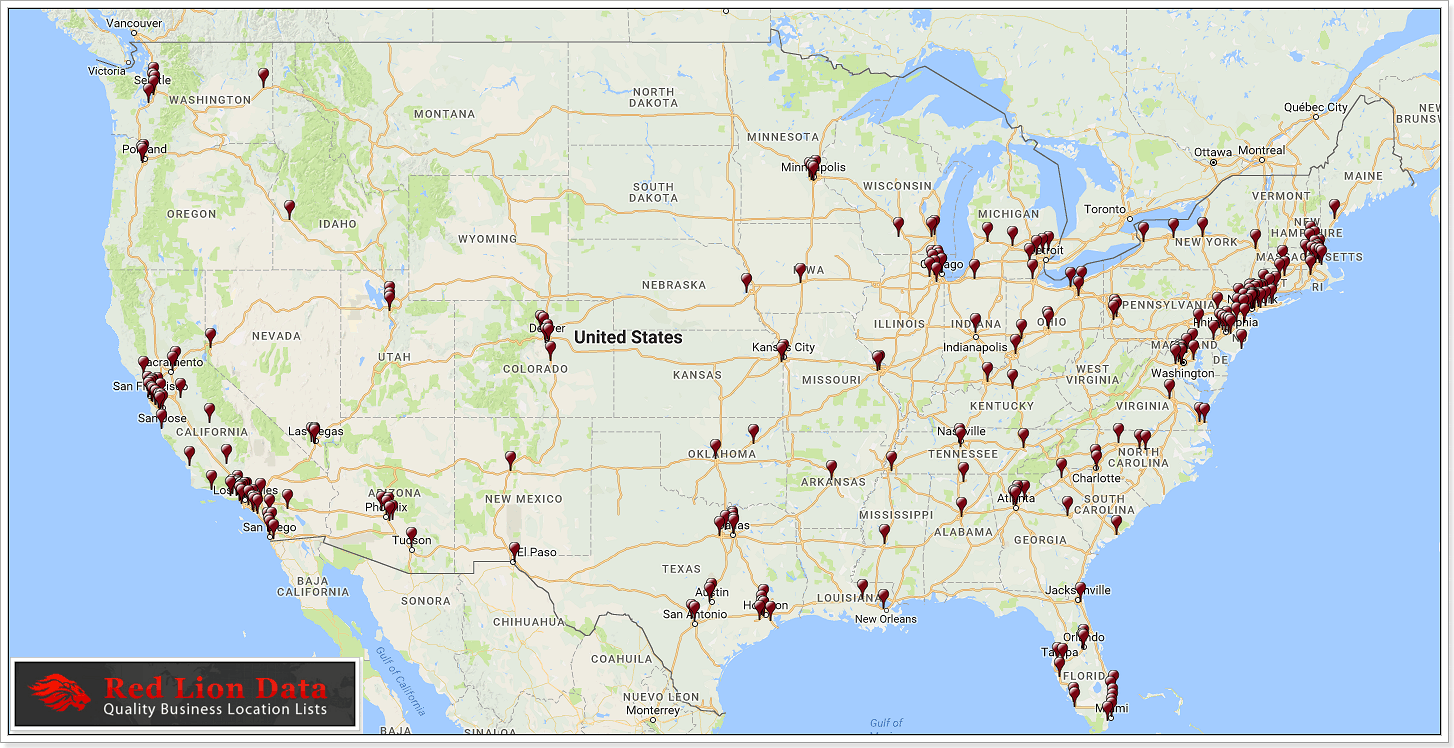
The new subsidiary ended its first year with four units, all in Minnesota. Douglas Dayton served as the first president of Target. Widdess, and was intended to prevent consumers from associating the new discount store chain with the department store. The name "Target" originated from Dayton's publicity director, Stewart K. On May 1, 1962, the Dayton Company, using Geisse's concepts, opened its first Target discount store, located at 1515 West County Road B in Roseville, a suburb of Saint Paul, Minnesota. Geisse developed the concept of upscale discount retailing. While working for the Dayton company, John F. The Dayton Company became a retail chain with the opening of its second department store in Southdale. Because there were only 113 good shopping days in a year in Minneapolis, the architect built the mall under a cover, making it the world's first fully enclosed shopping mall. In 1956, the Dayton Company opened Southdale Center, a two-level shopping center in the Minneapolis suburb of Edina. The company acquired the Portland, Oregon-based Lipman's department store company during the 1950s and operated it as a separate division. It began selling alcohol and operating on Sundays, and favored a more radical, aggressive, innovative, costly, and expansive management style. Nelson Dayton was replaced as president by his son Donald after his death in 1950 he ran the company alongside four of his cousins instead of under a single person, and replaced the Presbyterian guidelines with a more secular approach. In 1946, the business started contributing 5% of its taxable income to the Dayton Foundation.

In 1944, it offered its workers retirement benefits, becoming one of the first stores in the United States to do so, and began offering a comprehensive health insurance policy in 1950. When the War Production Board initiated its scrap metal drives, Dayton donated the electric sign on the department store to the local scrap metal heap. Throughout World War II, Nelson Dayton's managers focused on keeping the store stocked, which led to an increase in revenue. Dayton died in 1938 and was succeeded by his son Nelson as the president of the $14 million business, who maintained the strict Presbyterian guidelines and conservative management style of his father.

Hudson & Son right before the Wall Street Crash of 1929 its jewelry store operated in a net loss during the Great Depression, but its department store weathered the economic crisis. The company made its first expansion with the acquisition of the Minneapolis-based jeweler J.B. Dayton began transferring parts of the business to his son Nelson after an earlier 43-year-old son David died in 1923. īy the 1920s, the Dayton Company was a multimillion-dollar business and filled the entire six-story building. In 1918, Dayton, who gave away most of his money to charity, founded the Dayton Foundation with $1 million.

Consequently, the store forbade the selling of alcohol, refused to advertise in newspapers that sponsored liquor ads, and would not allow any kind of business activity on Sundays. Having maintained connections as banker yet lacking previous retail experience, Dayton operated the company as a family enterprise over which he held tight control and enforced strict Presbyterian guidelines. The store was renamed the Dayton Dry Goods Company in 1903, and was shortened to the Dayton Company in 1910. Looking for tenants, Dayton convinced the Reuben Simon Goodfellow Company to move its nearby Goodfellows department store into the newly erected building in 1902, although its owner retired altogether and sold his interest in the store to Dayton. Its congregation appealed to George Dayton, an active parishioner, to purchase the empty corner lot adjacent to the original church's so it could rebuild he eventually constructed a six-story building on the newly purchased property. The Westminster Presbyterian Church in downtown Minneapolis burned down during the Panic of 1893 the church was looking for revenue because insurance would not cover the cost of a new building.


 0 kommentar(er)
0 kommentar(er)
